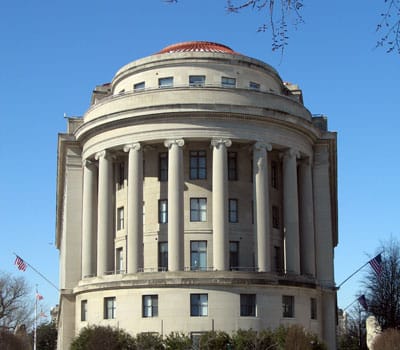 A House subcommittee held its last hearing of the 111th Congress yesterday to talk about whether legislation creating a “Do Not Track Me” mechanism is needed to protect consumers’ privacy on the internet.
A House subcommittee held its last hearing of the 111th Congress yesterday to talk about whether legislation creating a “Do Not Track Me” mechanism is needed to protect consumers’ privacy on the internet.
Although the audience was packed, just a handful of the committee’s 27 members were on hand to hear the FTC, Dept. of Commerce and a panel of consumer and industry reps talk about “Do Not Track Me.” I hope the sparse attendance was more a function of the transition of a lame duck session, and conflicting votes on the House floor, than an expression of members’ interest in online privacy. Consumers are certainly interested in more protection: a Consumer Watchdog poll found that 90% of those polled thought more legal protections for online privacy are important.
It’s not clear yet whether there will be bipartisan support for “Do Not Track,” or strengthening consumers’ online privacy at all. Democrat members generally recognized that legislation is necessary to protect online privacy, including Rep. Rush (who called the hearing) and Rep. Markey, who announced that he'll introduce legislation focused on children, including "Do Not Track," at the start of the new Congress. Statements from the Republican side were mixed: Reps. Whitfield and Scalise acknowledged that consumer privacy is important but repeated industry talking points about consumers already having privacy protection, limiting consumer access to the benefits of online advertising (my favorite!), and the end of the internet as we know it. Witnesses, including FTC Consumer Protection Director David Vladeck, and Consumer Federation of America’s Susan Grant, debunked these claims and fears with ease. Find their testimony here.
It’s also unclear where the Obama Administration stands. Comments from Dept. of Commerce administrator Daniel Weitzner acknowledged the need for stronger protections and reiterated the administration’s commitment to online privacy. But he also expressed unwarranted confidence in industry self-regulation: “The best approach to achieving the important goals motivating the Do-Not-Track concept is through a voluntary, multi-stakeholder process, backed up, in the end, by FTC enforcement of the privacy commitments made to consumers through such a system.” Years of experience have shown us no voluntary process is going to give consumers the protection they demand – the ability to say no to online tracking and real remedies to hold companies accountable when they don't abide by privacy promises. Then there's the administration’s close ties with data-collection giant Google to consider. We still don't have a roadmap of the administration's intentions.
The rest of the hearing closely followed ground that was covered at Consumer Watchdog’s online consumer protection conference this Wednesday, where Vladeck previewed the online privacy report released by the FTC the same day, and Weitzner previewed his Congressional testimony.
If you missed it, you can watch the conference here.






